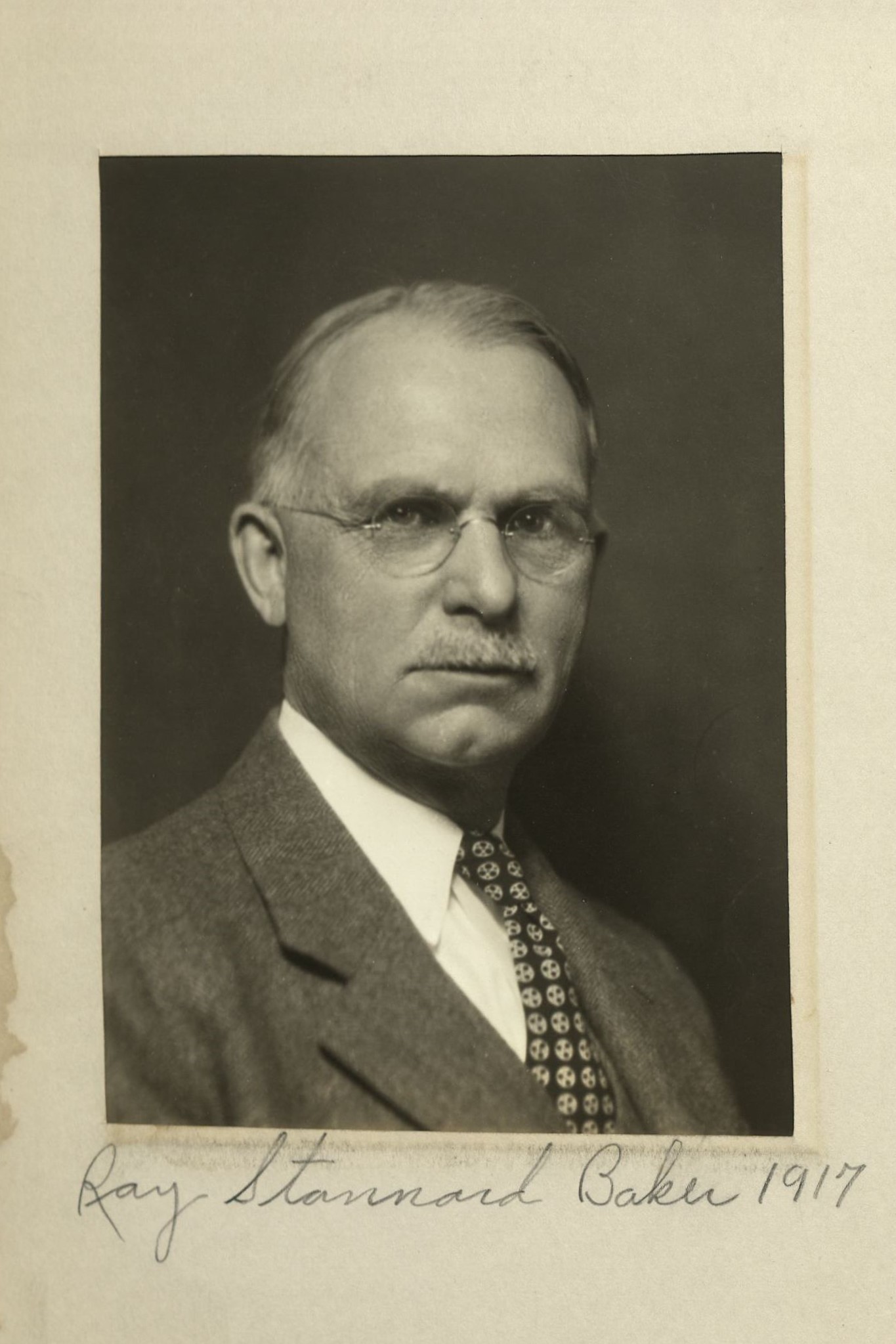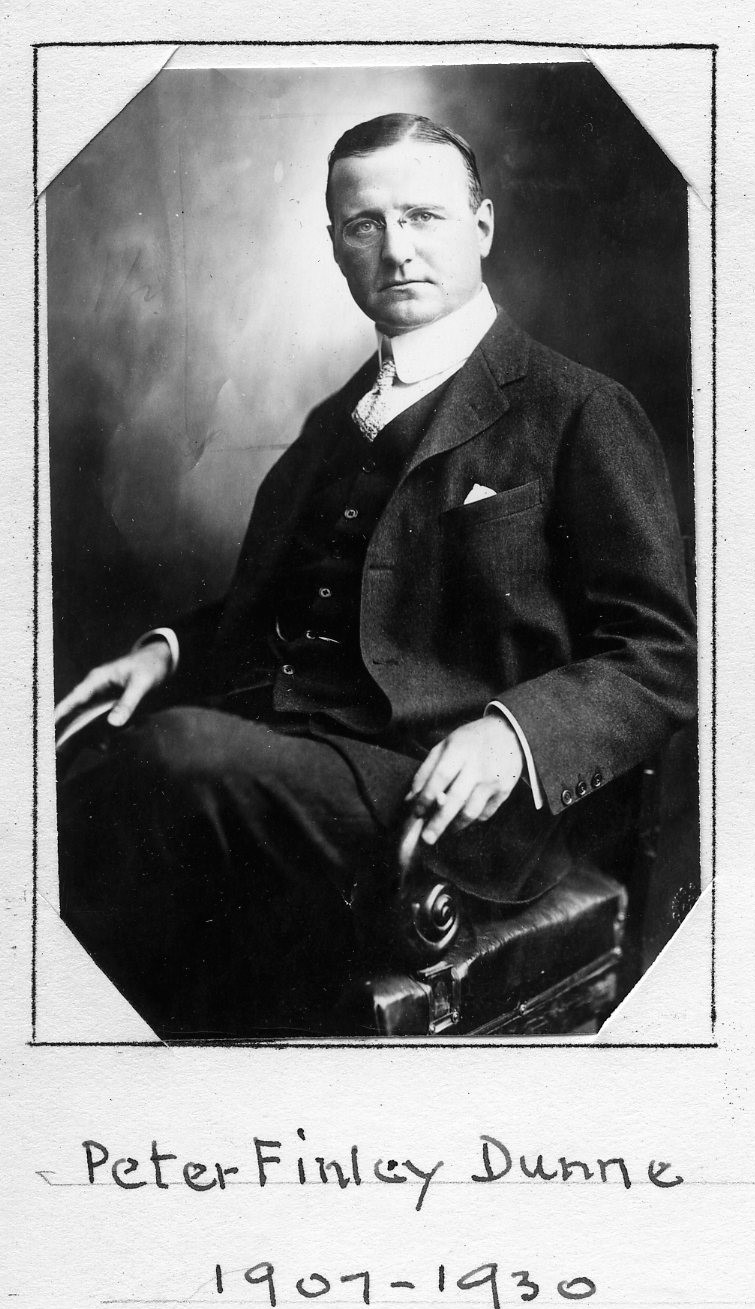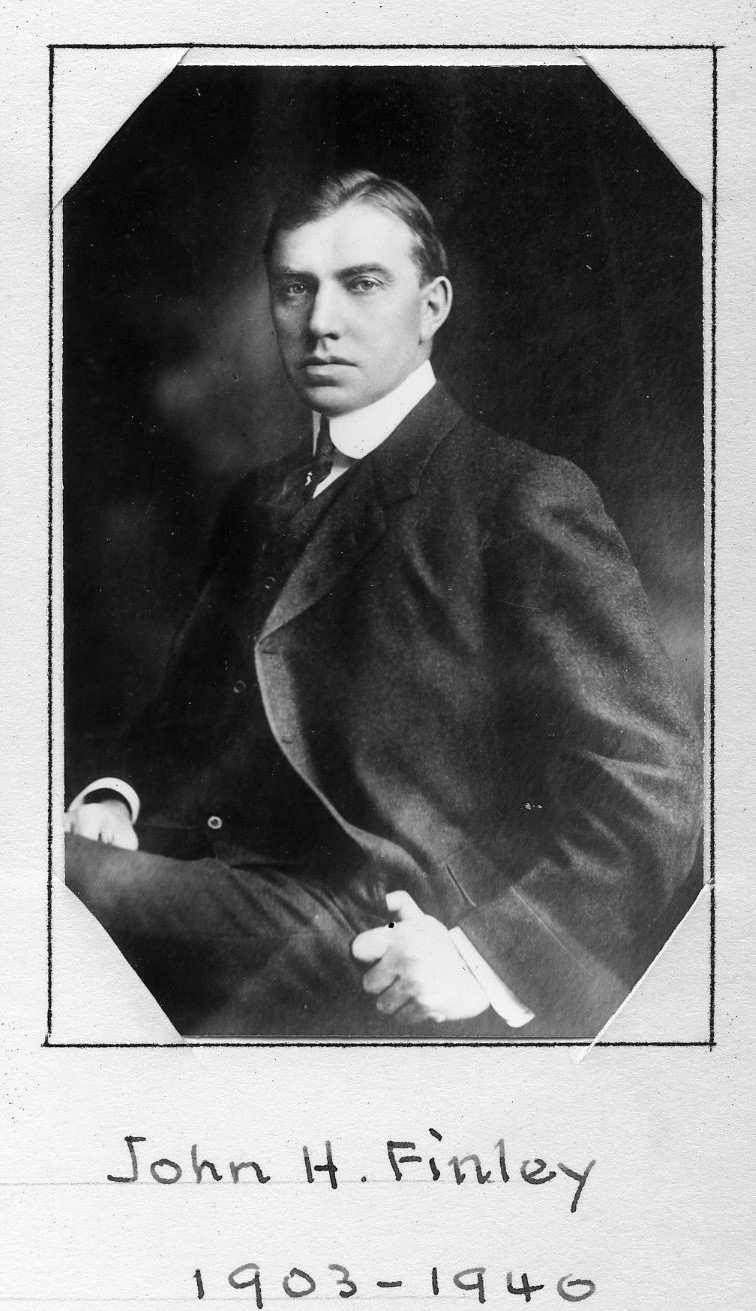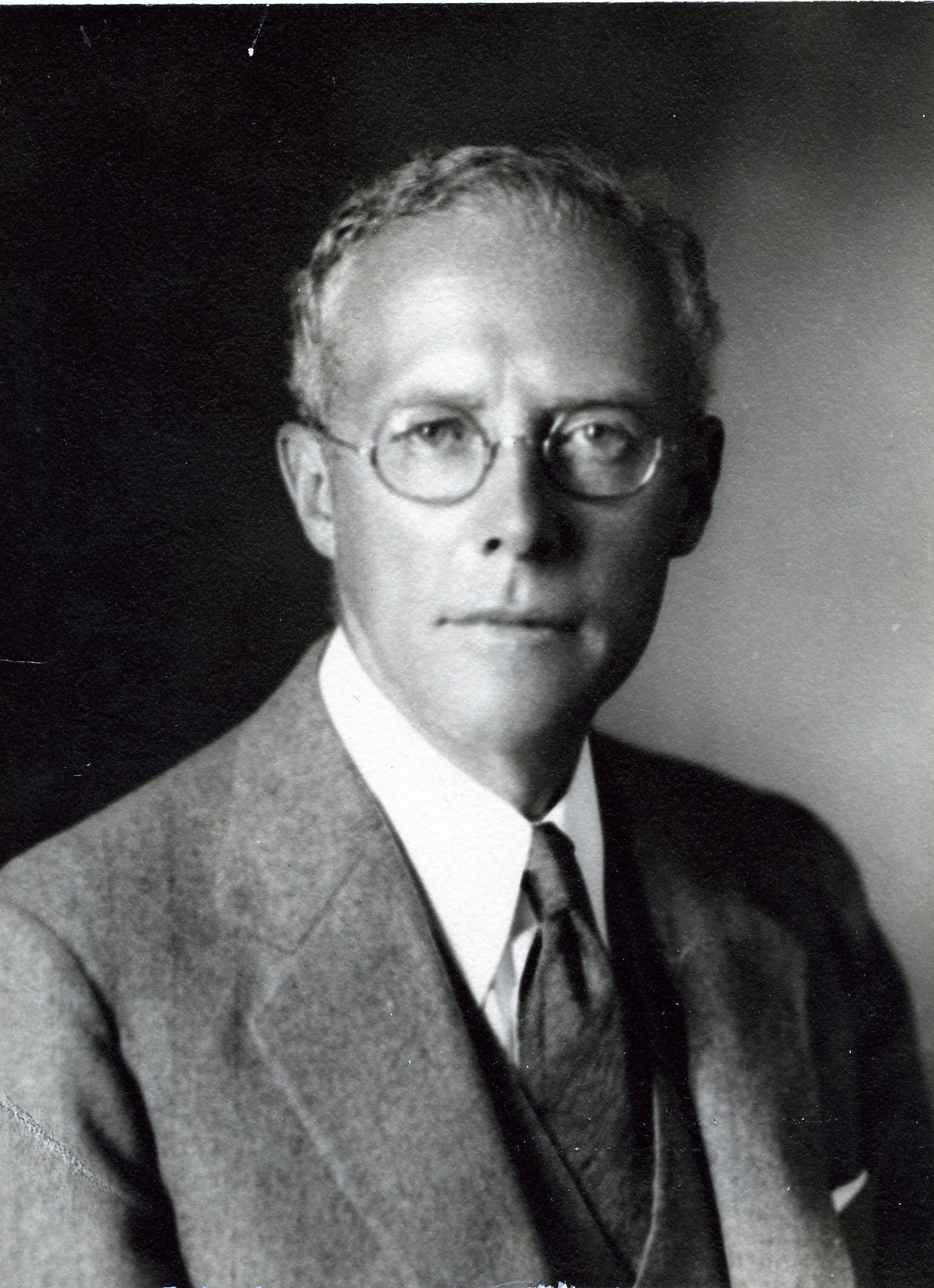Member Directory,
1847 - 1922
John S. Phillips
Publisher
Centurion, 1909–1949
Richard Aldrich and John Huston Finley
Council Bluffs, Iowa
Goshen, New York
Age forty-seven
Phillipsburg, New York

Archivist’s Notes
His middle name also sometimes spelled “Sanborn”
Century Memorial
John Sanborn Phillips. [Born] 1861. Editor.
To get the measure of John Sanborn [aka “Sanburn”] Phillips one must go back a long way; for he was born the year the Civil War began and as early as 1882 was in the publishing business with S. S. McClure. Even Centurion Samuel Hopkins Adams who has taught me what I needed to learn about Phillips has no memory of him before 1899. By that time John Phillips had developed a writing staff beyond peer: Lincoln Steffens, Ida M. Tarbell and Centurions Ray Stannard Baker and August F. Jaccaci. Closely attached were Centurions William Allen White, Booth Tarkington and Finley Peter Dunne , and there were Willa Cather and Stewart Edward White. It was a team that made McClure’s Magazine the most important medium in its field, and the field was muckraking.
Sam Adams will now tell you an important chapter in American publishing history:
“The editorial motive power of the office was a species of insufficiently controlled mania. S. S. McClure, the head, front, and genius of the organization, supplied the mania, and John Phillips, such control as was possible when dealing with so dynamic a force. Jac contributed impartially to each. ‘Steff’ whose philosophical spirit was lit by a spark of malice, sometimes stimulated the Chief’s outbursts, whether of genius or eccentricity, and again bulwarked the threatened structure against the wilder onsets of the McClure creative faculty. Ida Tarbell and Ray Baker, two of the mildest and gentlest of created beings, kept clear of the turmoil as much as possible, but, when swept into it, were generally on the control side. Willa Cather always impressed me as watching from the sidelines and awaiting opportunity to turn one of the recurrent crises to her own subtle uses.
“There were times when John Phillips’s job seemed almost beyond human endurance. These were the periods when the McClure dynamo, worked up to inhuman speed and pressure of ideation, was giving off those currents of inspiration which lifted the magazine to its peak. Concurrently the Chief would promulgate the wildest absurdities, such as assigning the easy-going and unenterprising Tarkington to organize an expedition, pierce the fastnesses of Tibet, and bring back an interview, with pictures, with the Grand Lama. Or, he might offhand appoint some obscure writer managing editor on the strength of one article or story which had struck the McClure fancy.
“Then it was J. S. P.’s function to undo what his senior partner had wrought. This he did with infinite patience, indestructible good humor, and infinite tact. He could soothe the disappointment of a McClure pet of the moment whilst still retaining the man’s good will toward the magazine. But, to appease the Big Boss for commands countermanded and pet projects thwarted called for the blended capacities of a diplomat and a liontamer, plus the temper of a seraph. I have seen John come out of the council room, limp and grey with the struggle. And once, I heard him say with a spent sigh:
“‘It would be so much simpler if I could only hate him, damn him!’
“Nobody could ever hate S. S. There was a childlike quality about him that forestalled active dislike. But one had to be constantly on guard against his wild deviations. John Phillips, on the other hand, was the steadiest and most reliable of editors. Because of this, he commanded the loyalty of all the staff. But he had higher and finer qualities, difficult to define, which enlisted not only loyalty, but affection, and complete faith. I have never known him to be anything less than scrupulously fair in his attitude toward his associates.
“How far John Phillips was responsible for the structure and substance of the magazine I could never determine to my own satisfaction. But I suspect that many of the most effective schemes were slyly put into the Chief’s mind by his partner.
“The attitude of the staff toward the two differed widely. We regarded S. S. with admiration, tempered by apprehension. John Phillips had the unstinted respect and affection of all his co-workers.”
He was eighty-nine years old [sic: eighty-seven] when he died, the oldest member on our Memorial roll tonight [of 1949 decedents]—a man of modesty and reserve to the outer circle, a loved and noble figure to his intimates.
Source: Henry Allen Moe Papers, Mss.B.M722. Reproduced by permission of American Philosophical Society Library & Museum, Philadelphia
Henry Allen Moe
Henry Allen Moe Papers, 1949 Memorials
Related Members
Member Directory Home-
 Richard AldrichMusical Editor, New York TimesCenturion, 1904–1937
Richard AldrichMusical Editor, New York TimesCenturion, 1904–1937 -
 Ray Stannard BakerAuthorCenturion, 1917–1946
Ray Stannard BakerAuthorCenturion, 1917–1946 -
 Finley Peter DunneAuthorCenturion, 1907–1930
Finley Peter DunneAuthorCenturion, 1907–1930 -
 John Huston FinleyProfessor/JournalistCenturion, 1903–1940
John Huston FinleyProfessor/JournalistCenturion, 1903–1940 -
 August F. JaccaciArt Editor/ArtistCenturion, 1896–1930
August F. JaccaciArt Editor/ArtistCenturion, 1896–1930 -
 Ingalls KimballTypography/BankingCenturion, 1918–1933
Ingalls KimballTypography/BankingCenturion, 1918–1933




